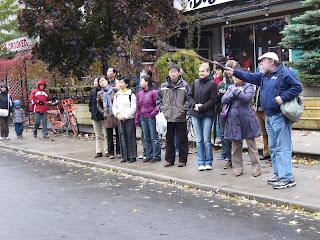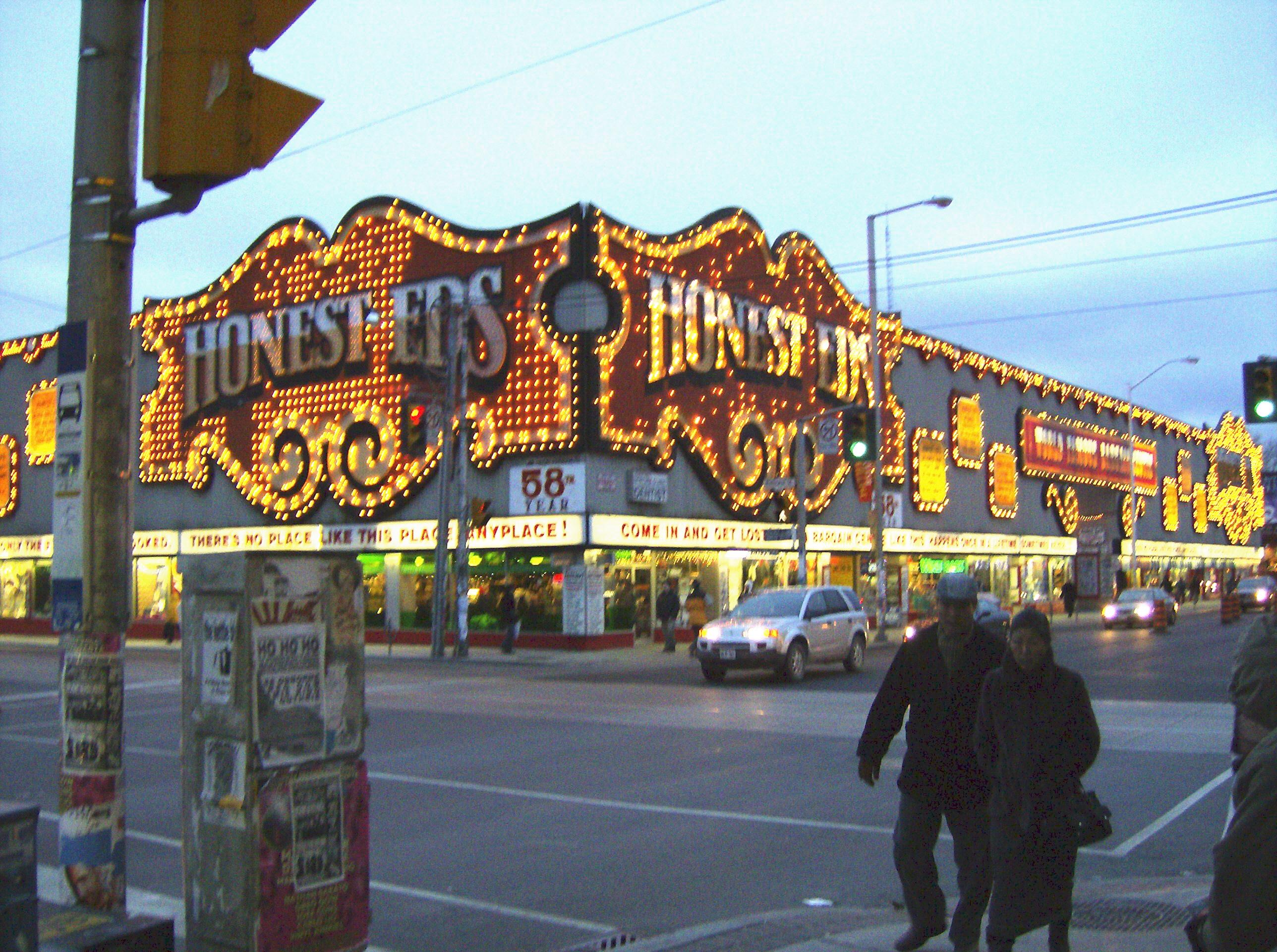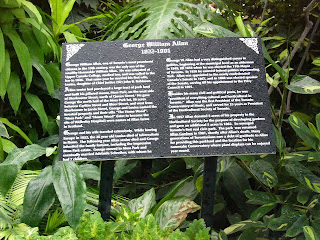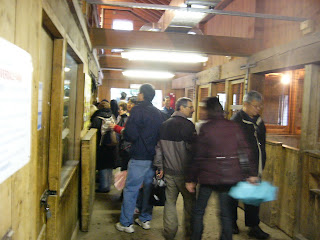
So, what's the origin of Halloween? Is there more to it than creepy people in freaky dress at your door?
The tradition goes back to Pope Gregory III (731 - 741), who set a new date for All Saints Day, on November 1st. It was to happen around the same time as the scary but popular Celtic ghost-and-harvest festival of Samhain. On All Saints Day, the Roman Catholic Church celebrates its "saints," special people who were really good and went straight to Heaven when they died.
(The following day, November 2nd, is All Souls Day. This is when the Roman Catholic Church celebrates the regular people who are dead. These ordinary folk are "souls" and not "saints." They include most people who go to church. They are not good enough to enter directly into Heaven. According to the church, when these people die, their souls are punished in a place called Purgatory. There, they will burn until their sins are completely removed and they're finally good enough to get into Heaven.)
But back to All Saints Day--it's also called All Hallows Day, or Hallowmas. The old English word hallow does not mean "hello" but means "holy" or "saint." The day before Hallowmas, October 31st, would be called Hallow Evening, which when pronounced quickly becomes Hallow E'en' or Halloween.
Today, Halloween is more or less a secular rather than religious event in North America. Kids, like many we've seen tonight, run around the neighbourhood in costume collecting cavity catalysts with their parents' supervision and encouragement. At some LINC schools, people carve pumpkins, dress up, act funny, take pictures, and hand out candies to children.
But not all churches follow the Roman Catholic calendar. Eastern churches (those located east of Rome!) observe All Saints Day around Pentecost, a holy day in late May or early June each year.
Other churches look back to the Halloween of 1517. On that day, a German monk named Martin Luther placed a notice on his church door. Although he did not know it then, that one action would change the world. At that time the Roman Catholic Church needed lots of money to build St. Peter's Basilica. That is the large church building located at the Vatican in Rome. When completed, it would become the biggest church building in the world, which it still is today. To raise funds, the church told ordinary people that their dead relatives ("souls") could get out of Purgatory and enter Heaven faster if they did something special for them. If they bought God's forgiveness on an official church document, called an "indulgence," those souls in Purgatory would immediately go up into Heaven and stop suffering in Purgatory.
Luther felt something wasn't right. He read his Bible and discovered that there was no such thing. God does not move souls to Heaven faster when people pray or pay for their dead relatives. Instead, God accepts people into Heaven simply when they receive His gift of His Son Jesus Christ. Jesus took all our punishment on Himself on the cross so that those who accept God's gift can have eternal life. So the whole work of getting saved is not our work at all. It is all God's work, and we must do nothing but trust Him completely!

 This discovery made Luther very angry. On October 31st, 1517, he nailed a list of questions, or his "95 Theses," on his church's door. In Thesis 86, he questions, "Why does the pope, whose wealth today is greater than the wealth of the richest Crassus, build the basilica of St. Peter with the money of poor believers rather than with his own money?" He wanted to have a debate. But someone stole his notice and printed and distributed it all over Europe. Many people who read the 95 Theses agreed with Luther and the Bible.
This discovery made Luther very angry. On October 31st, 1517, he nailed a list of questions, or his "95 Theses," on his church's door. In Thesis 86, he questions, "Why does the pope, whose wealth today is greater than the wealth of the richest Crassus, build the basilica of St. Peter with the money of poor believers rather than with his own money?" He wanted to have a debate. But someone stole his notice and printed and distributed it all over Europe. Many people who read the 95 Theses agreed with Luther and the Bible.The rest, as they say, is history. Europeans were free to read the Bible for themselves in their own language rather than in Latin only. Scientists were free to explore the universe rather than wait for a priest to tell them. People had the option of living under a different government, one that tolerated their faith, or voting for their own governments. Immigrants could learn ESL rather than Latin. New freedoms and rights were granted in lands wherever they went, especially in North America. Best of all, the gospel was clearly communicated: it offers freedom from the wrath of God and freedom to live right through the power of God. Ordinary souls are saints before God. By reading the Bible for ourselves, we are free to be confident of things concerning Heaven, Hell, and how to be saved.
To those who love their freedoms, that Halloween of 1517 means something special. It took one man on that last day of October to change the world. If Martin Luther had not had the guts to speak up almost 500 years ago, if there had been no Reformation Day, the world today would have been very different, indeed.




















































